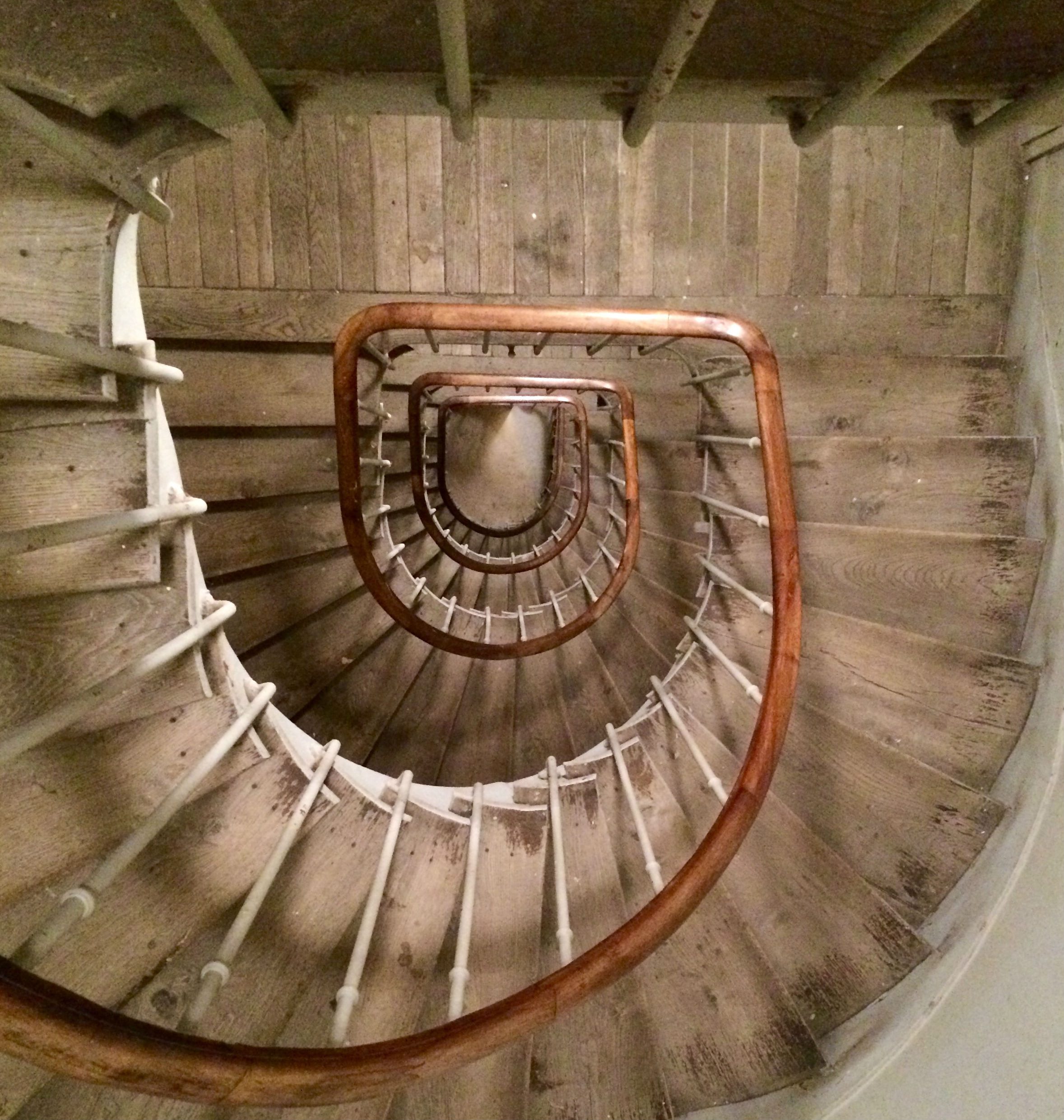On September 25, the U.S. Department of Justice announced that Health Management Associates (HMA), formerly a Naples, Florida-headquartered hospital chain, had entered into an agreement with the Department requiring HMA to pay more than $260 million to resolve criminal and civil charges relating to defrauding the United States. The Department alleged that HMA had engaged in
a corporate-driven scheme to defraud Federal health care programs by unlawfully pressuring and inducing physicians serving HMA hospitals to increase the number of emergency department patient admissions without regard to whether the admissions were medically necessary. The scheme involved HMA hospitals billing and obtaining reimbursement for higher-paying inpatient hospital care, as opposed to observation or outpatient care, from Federal health care programs, increasing HMA’s revenue.
It also stated that HMA executives and HMA hospital administrators “executed the scheme by pressuring, coercing and inducing physicians and medical directors to meet the mandatory admission rate benchmarks and admit patients who did not need impatient admission through a variety of means, including by threatening to fire physicians and medical directors if they did not increase the number of patients admitted.”
To resolve the criminal investigation, HMA entered into a three-year Non-Prosecution Agreement (NPA) and a $35 million penalty to be paid by HMA. Under the NPA‘s terms, HMA and Community Health Services (CHS) – a hospital chain that acquired HMA after the alleged conduct at HMA occurred — agreed to cooperate with the Department’s investigation, report allegations or evidence of violations of federal health care offenses, and ensure that their compliance and ethics program satisfies the requirements of an amended and extended Corporate Integrity Agreement between CHS and the Department of Health and Human Services Office of Inspector General. In addition, an HMA subsidiary, Carlisle HMA, LLC, agreed to plead guilty to one count of conspiracy to commit health care fraud, pertaining to a criminal information filed in the District of Columbia.
HMA also entered into a related civil settlement with the Department to resolve various claims and allegations of submission of false claims, paying remuneration to physicians in return for patient referrals, and submission of inflated claims for emergency department facility fees. As part of that settlement, HMA agreed to pay $216 million.
The allegations that the settlement resolved were originally brought in eight lawsuits filed under the qui tam (whistleblower) provisions of the False Claims Act. Although the whistleblower shares have not been determined for all of those lawsuits, the whistleblower in one of the cases will receive approximately $15 million as a share of the recovery, and the whistleblowers in a second case will receive approximately $12.4 million as their share of the recovery.
Note: This criminal and civil resolution with HMA is one of the most significant health care fraud-related cases that the Department of Justice (DOJ) has pursued against hospitals and hospital chains in recent memory. The DHS – DOJ Health Care Fraud and Abuse Control Program Annual Report for Fiscal Year 2017 documents numerous instances of criminal cases against other categories of health care providers and services, such as medical providers operating “pill mills,” providers and clinics submitting false claims to Medicare, drug companies paying kickbacks to providers to prescribe their drugs, and pharmacies soliciting and receiving kickbacks from pharmaceutical companies for promoting their drugs. In contrast, during Fiscal Year 2017, cases involving hospitals and health systems involved only civil settlements of liability under the civil False Claims Act, and the largest of those settlements was $57.5 million.
The resolution is also of interest for the breadth of alleged tactics that HMA executives and HMA hospital administrators used to increase emergency department patient admissions. As a general proposition, federal laws such as the Anti-Kickback Statute and the Stark Law are designed, as the Department’s HMA release stated, “to ensure that physician decision-making is not compromised by improper financial incentives.” Positive financial incentives, such as direct payments or reduced or free rent for office space, to make patient referrals are to be expected; negative financial incentives, such as threatening to fire physicians and medical directors for failure to increase patient admissions, are not. Given the latter types of conduct mentioned in the HMA resolution, and HMA’s and CHS’s commitment to continue to cooperate with the Department, compliance officers who track health care fraud developments should not be surprised if the Department ultimately pursues cases against formerly HMA-affiliated individuals.
